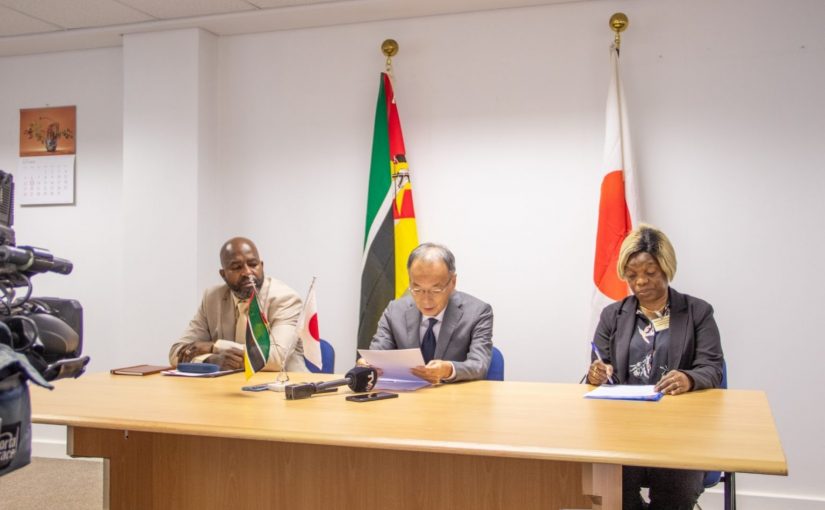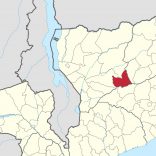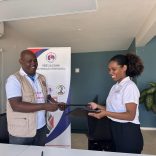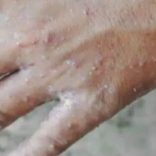WFP Mozambique: Emergency Response External Situation Report (18 August 2025)
Mozambique: Japan donation to finance education, health projects

Photo: AIM
A donation of US$97,500 from the Japanese Government will enable the rehabilitation of a fishing school and the construction of a leprosy infirmary in two Mozambican provinces, it was announced on Friday.
“We believe that these two projects go far beyond the simple construction of facilities. They strengthen education and health and represent an excellent opportunity to further deepen cooperation between our countries,” said Hamada Keiji, Japan’s ambassador to Mozambique, during the signing of the financing agreement in Maputo.
According to the diplomat, of the funding, which falls under the Community Projects and Human Security Assistance Programme, US$47,500will be used to rehabilitate the Fishing School workshop, the only one of its kind in the country, in the province of Maputo, southern Mozambique.
“The refurbishment includes the improvement of a training room, the improvement of energy and water facilities […] and two warehouses that will serve as storage, totalling 333.2 square metres,” he explained, adding that the action will allow students to carry out practical activities in a more “safe and comfortable” environment.
The project to build a leprosy ward at the Alto Molócue District Hospital in Zambézia, in the centre of the country, will receive funding of US$50,000 and will be implemented by the international organisation Mission Against Leprosy, allowing for the construction of a new 184.5 square metre block, according to the ambassador.
“It will provide a safe and comfortable environment for patients with leprosy and tuberculosis to receive medical care, contributing to improving access to health services in the region and, consequently, the quality of care,” said Hamada Keiji.
On the occasion, Estela Maússe, director of the Fishing School, pointed out that the donation represents a “historic milestone” in the history of that educational institution, as it will enable the rehabilitation of infrastructure that is “extremely important” for the training of seafarers and fishing technicians: “It is precisely in this building that the practical workshops take place that prepare our trainees for the competent and safe exercise of their future professions.”
“It is important to note that this building, which is over 45 years old, has never been the subject of an intervention of such magnitude as that planned with this valuable donation from the Japanese people and government,” she reiterated.
She highlighted that Japan has been, over the years, an “exemplary and committed” partner in the development of education and technical training in Mozambique, also recalling the “high-impact” interventions that culminated in the donation of two vessels for practical classes at that school between 2002 and 2007.
In turn, Pedro Safrão, national director of the Mission Against Leprosy, an organisation that has been operating in Mozambique for over 30 years, warned that in 2024 alone, the country diagnosed more than 2,800 people infected with leprosy, more than 10% of whom were children under the age of 15.
“It is in this context that the support of the Japanese embassy has such profound significance. The construction of the new leprosy ward in Alto Molócue District Hospital represents hope, access and dignity,” he said, noting that the space will serve for the treatment and rehabilitation of patients, a symbol of solidarity between peoples.
Japan had previously announced that it would donate more than €50 million to projects in Mozambique, according to agreements signed in March 2024 in Maputo, the first country to implement the new model of international cooperation defined by the Japanese government.












Leave a Reply
Be the First to Comment!
You must be logged in to post a comment.
You must be logged in to post a comment.